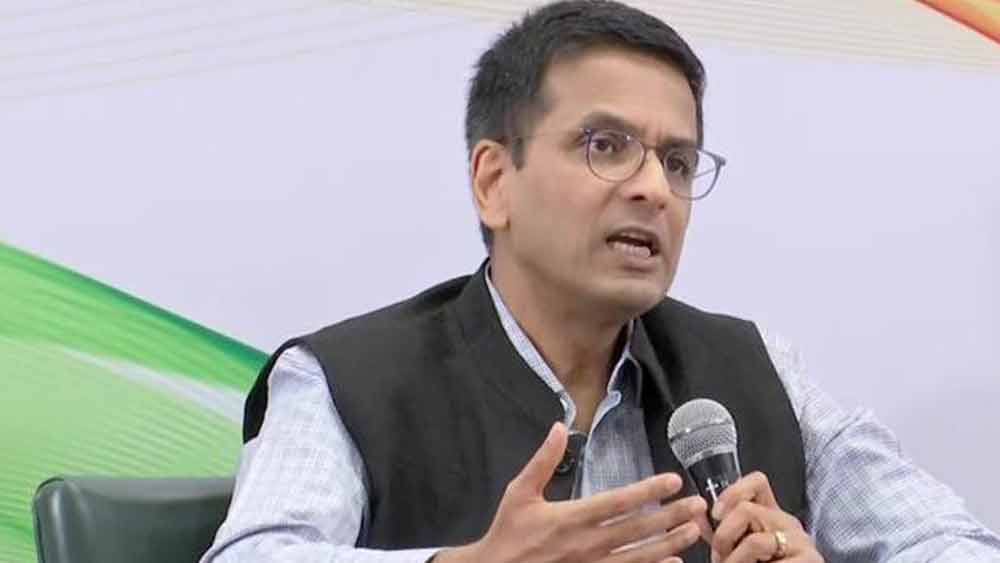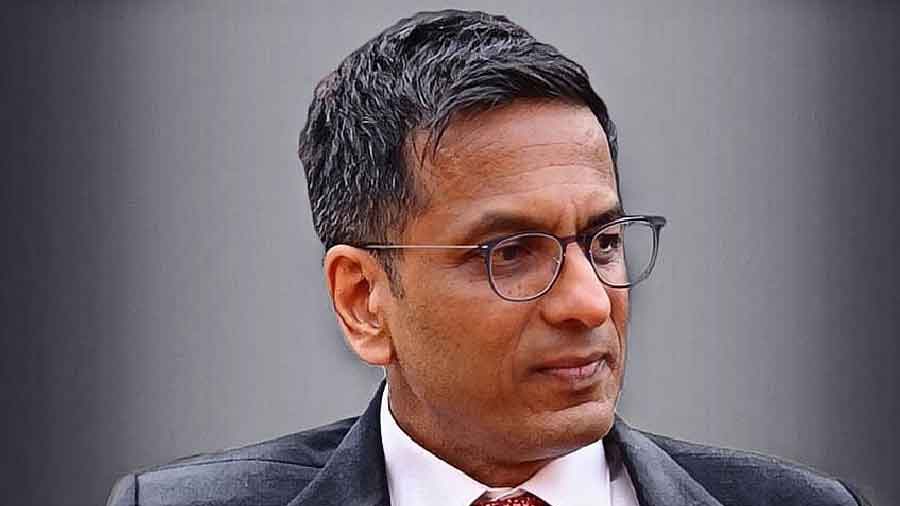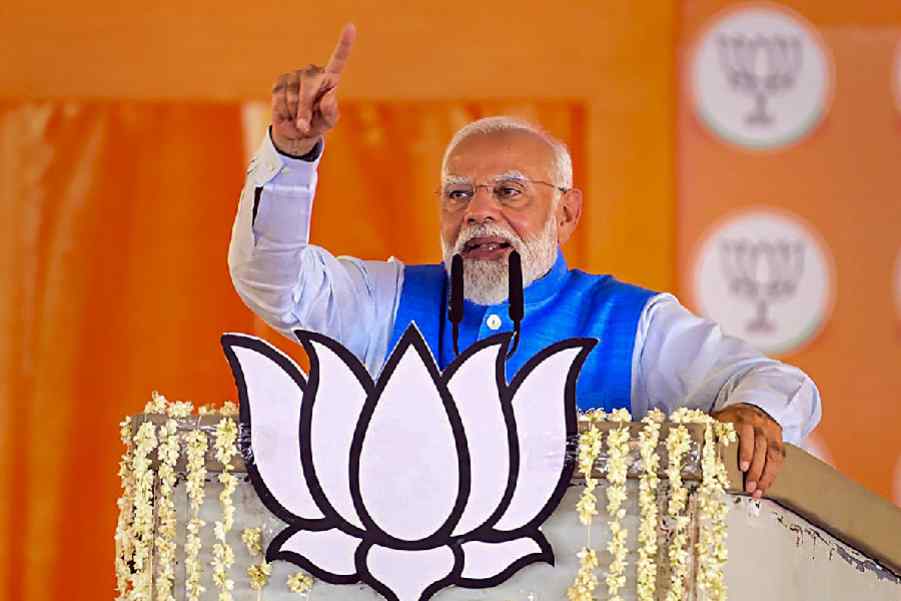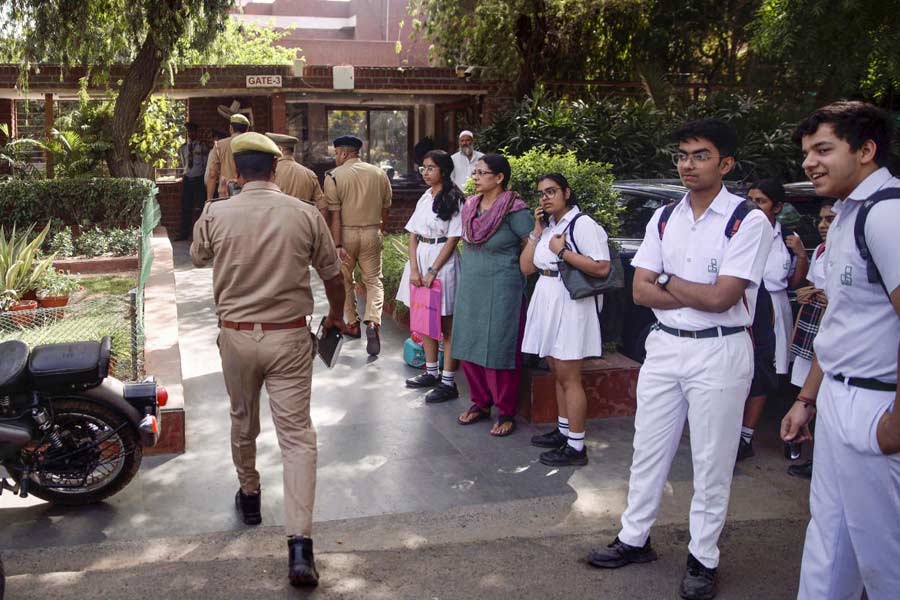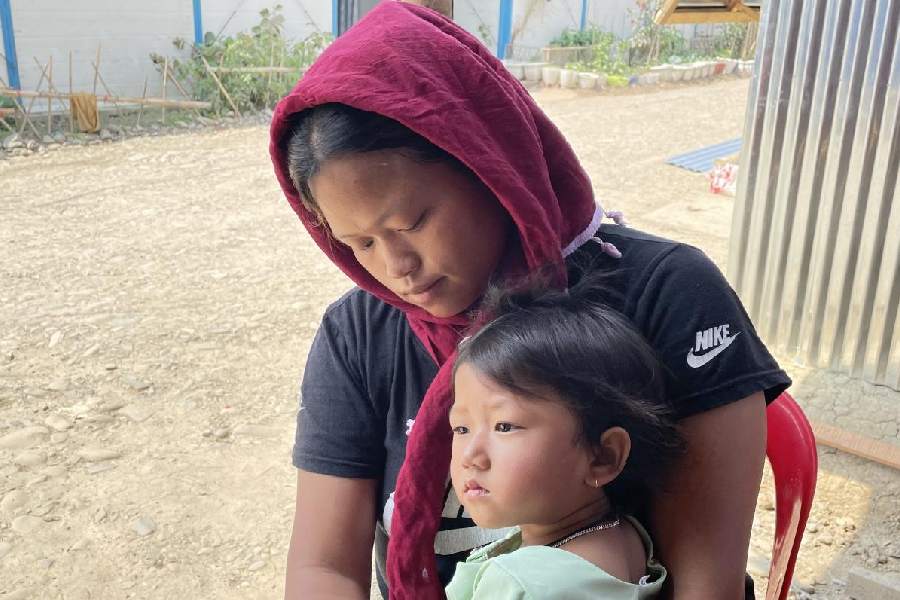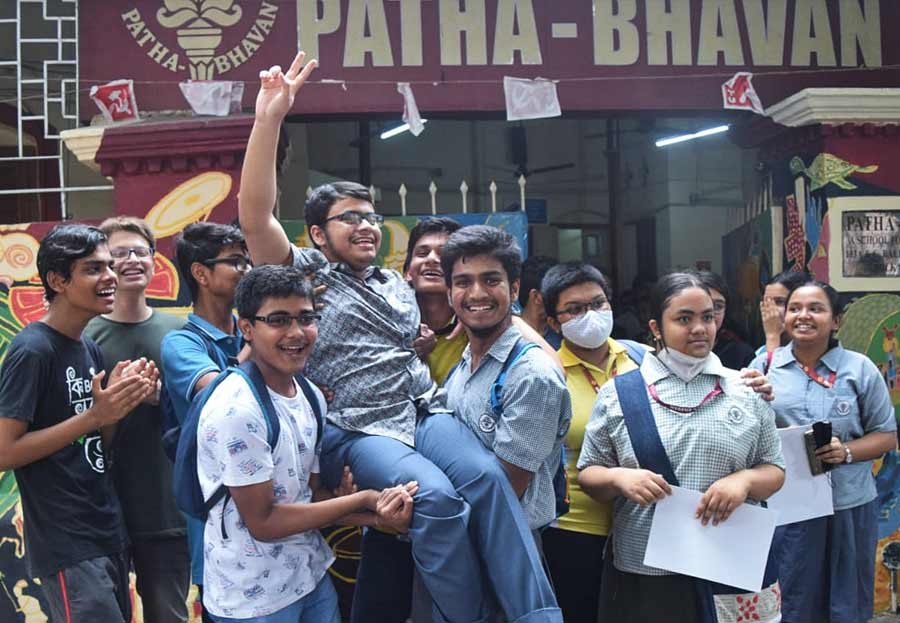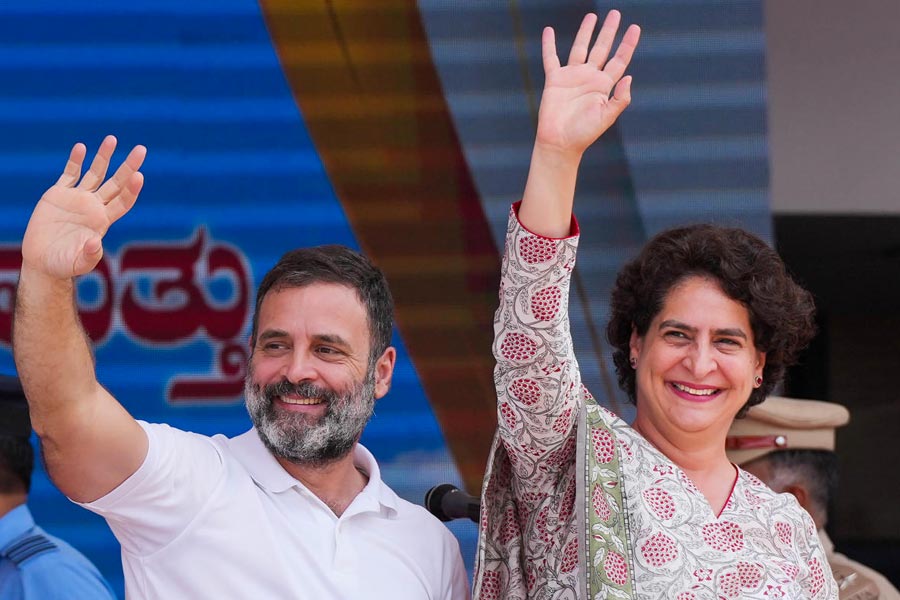Newly sworn-in Chief Justice of India DY Chandrachud on Monday asked Supreme Court and High Court judges to shun the "colonial mindset" and the "culture of subordination" while dealing with district court judges, saying the country needs to move towards a "more modern and equal judiciary".
Speaking at his felicitation ceremony organised by the Supreme Court Bar Association (SCBA), the 50th CJI also dealt with the issue of vacancies, saying 25 per cent posts are vacant in district courts, 30 per cent in high courts and a few seats are vacant in the Supreme Court, and they will be filled up based on merit.
"We have to ensure that we move towards a more modern judiciary and equal judiciary and unless we in superior courts be it the High Courts or the Supreme Court, realise that the district judiciary is the core or the cornerstone of the judicial system, nothing is going to change," he said.
There is a need to inculcate the sense of worth in the district judiciary, he said, adding that interestingly, many more women are coming into the district judiciary.
"The last recruitment which took place in state of Rajasthan over 60 per cent of recruits are women. I find there is a generational shift which is going on in the judiciary; it is a demographic shift in the judiciary," he said.
Discussing threadbare the "colonial mindset" in judiciary, he said, "I think we have fostered a culture of subordination. We call our district judiciary as subordinate judiciary and I make a conscious effort not to call district judges as subordinate judges because they are not subordinates. They belong to the district judiciary".
He said he has visited district courts, where it used to be convention for district judges to stand when High Court judges were having their lunch or dinner.
"Sometime even they try to serve (food) to the High Court judges. That speaks of our colonial mindset," he said, adding he always insisted district judges sit on the same table and have the food.
Giving another example, CJI Chandrachud said if a chief justice of the Allahabad High Court spoke to a very senior district judge then every second sentence he would look at you and say "Haan ji Sir (Yes sir)".
"The younger lot of judges is different and they would be talking to you on a footing of equality because that shows where India is going. They are young, educated, bright and they have aspirations, they have sense of self worth and they are confident about themselves and the same goes about the young lawyers," he said.
He said a great deal of work has to be done not only in improving the infrastructure of district judiciary which is extremely important, and for which "we have to lay the foundation blocks today."
"We also have to change our mindset as how we as a superior court judges look at our own district judiciary."
"How we perceive them (district judges)? You would find that a young IAS officer does not look at his superior with such inferiority and they would talk on footing of equality but that is not so in judiciary. We have to ensure that when we deal with judicial officers, we deal (on the principle of) equality", he said
He said, "There are states in the country where if a chief justice travels and crosses boundaries of districts, judicial officers would stand in a row at the end of boundary of one district when judge enters the another district. All this has to change".
CJI Chandrachud said the bar has made some reasonable demands and he would try to address by adopting a collaborative approach.
Talking about reforms, he assured that whatever steps were undertaken by his predecessor Justice UU Lalit in his short tenure would continue. He said he would like to use more technological intervention for smooth listing of cases.
CJI Chandrachud, who was heading the e-Committee of the apex court and took steps towards digitisation, said technology would be used to optimise the output without diminishing the existing role of human resources.

